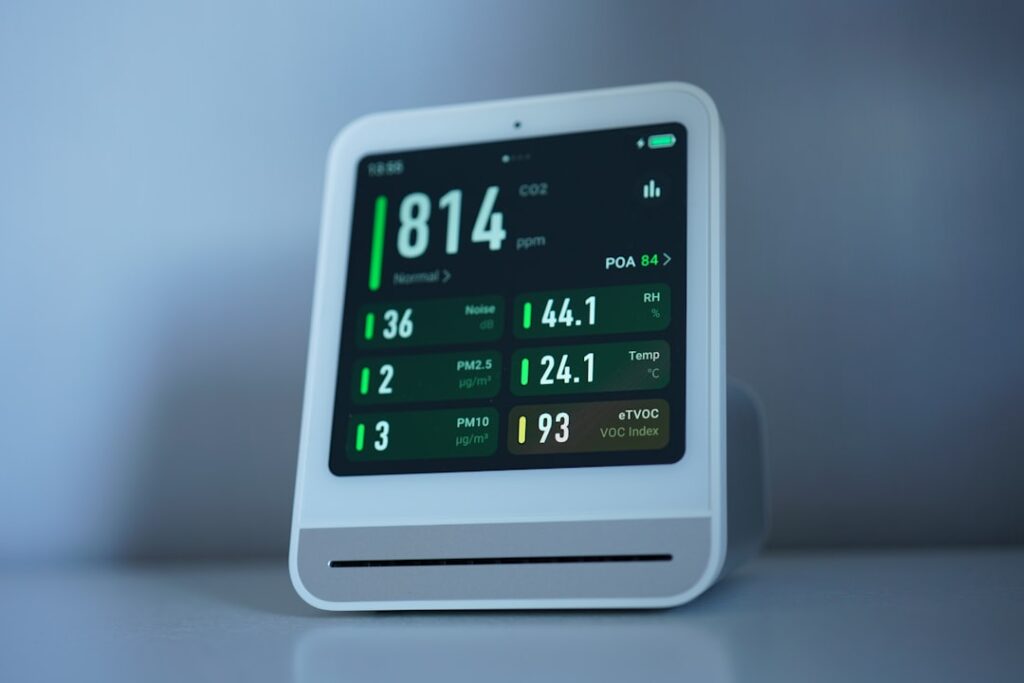AI Tools for HealthTech: Revolutionizing Patient Care with AI-Driven Health Applications
The integration of technology in healthcare has accelerated dramatically in recent years, with AI-driven health applications leading the charge. These innovative tools not only enhance patient care but also streamline operations within healthcare settings. By leveraging advanced algorithms and machine learning techniques, AI tools create personalized, efficient, and effective health solutions.
Understanding AI-Driven Health Applications
AI-driven health applications encompass a wide range of technologies that aim to improve health outcomes and operational efficiencies. They utilize vast amounts of data to provide insights that were previously unattainable in traditional healthcare practices.
What Makes AI-Driven Health Applications Unique?
These applications distinguish themselves through several key features:
- Data-Driven Decision Making: AI tools analyze vast datasets to derive insights that inform clinical decisions.
- Predictive Analytics: They anticipate outcomes based on historical data, enabling proactive healthcare delivery.
- Personalized Treatment Plans: AI applications help tailor healthcare strategies to individual patient needs.
Applications of AI Tools in HealthTech
The use of AI in healthcare is vast and varied. Below are several areas where AI-driven health applications are making a significant impact:
1. Diagnosis Assistance
AI tools are increasingly used to support diagnosis through pattern recognition and predictive analytics. By analyzing medical images and data, they can identify anomalies more accurately than traditional diagnostic methods.
2. Patient Monitoring and Management
Wearable health tech devices powered by AI enable real-time monitoring of patient vitals, leading to better chronic disease management. These tools can alert healthcare providers to potential issues before they escalate.
3. Administrative Efficiency
AI applications also play a crucial role in streamlining administrative tasks, such as scheduling appointments, managing patient records, and processing insurance claims. Automation in these areas allows healthcare professionals to focus more on patient care.
The Future of AI-Driven Health Applications
The future of healthcare is uncertain, but one thing is clear: AI-driven health applications will be at the forefront of innovation. As technology continues to evolve, so will the potential uses of AI in healthcare.
Key Trends to Watch
- Integration with Telemedicine: AI-enabled tools are likely to enhance telehealth services, making remote patient care more efficient.
- Increased Patient Engagement: Tools that empower patients to take charge of their health will continue to gain traction.
- Regulatory Improvements: As healthcare policies adapt, expect more regulatory frameworks governing the use of AI technologies in health applications.
Challenges and Considerations
While the promise of AI-driven health applications is substantial, several challenges must be addressed:
Data Privacy and Security
With the vast amount of personal health data being collected, ensuring privacy and security is paramount. Effective measures must be enforced to protect sensitive information.
Bias in AI Algorithms
AI tools can perpetuate existing biases found in training datasets. It is crucial to create diverse and comprehensive datasets to train AI models effectively.
Conclusion
AI-driven health applications are transforming the healthcare landscape, offering unprecedented opportunities for enhancing patient care and streamlining operations. As healthcare professionals increasingly adopt these tools, the focus will need to be on addressing challenges such as data security and algorithmic bias to ensure equitable and effective healthcare solutions. The future looks promising for AI in healthtech, paving the way for innovations that will ultimately lead to better health outcomes.
Enhancing Patient Engagement
AI-driven health applications are revolutionizing patient engagement by providing personalized experiences that cater to individual preferences and health needs. Through advanced algorithms, these tools can analyze a patient’s history, preferences, and behaviors to deliver tailored recommendations. For instance, chatbots powered by AI can assist in answering patients’ queries in real-time, schedule appointments, and send reminders for medications. This not only improves patient experience but also fosters a sense of involvement and accountability in their own health management.
Telehealth and Remote Monitoring
The rise of telehealth services complemented by AI-driven health applications has made it easier for patients to receive care from the comfort of their homes. Remote monitoring devices, integrated with AI, can analyze vital data such as heart rate, glucose levels, and blood pressure. This data is relayed to healthcare providers who can provide timely interventions when necessary. By harnessing AI, providers can also predict potential health issues, enabling proactive care that ultimately leads to better health outcomes.
Streamlining Administrative Processes
AI-driven health applications are not just transforming patient care; they are also streamlining administrative processes within healthcare systems. By automating routine tasks like scheduling, billing, and patient intake, healthcare providers can significantly reduce the administrative burden on their staff. This allows healthcare professionals to focus more on patient care rather than administrative duties. Furthermore, AI can assist in analyzing operational data, identifying inefficiencies, and suggesting improvements, thereby enhancing overall organizational performance.
Data Management and Predictive Analytics
The amount of data generated within healthcare settings is staggering, but AI-driven health applications provide a solution to effectively manage and leverage this data. By utilizing predictive analytics, AI can forecast patient trends and health risks, enabling healthcare providers to make informed decisions. This proactive approach allows for tailored treatment plans that address patients’ unique conditions. Moreover, sophisticated data management tools powered by AI ensure compliance with regulations, safeguarding sensitive patient information while optimizing data accessibility for authorized personnel.


